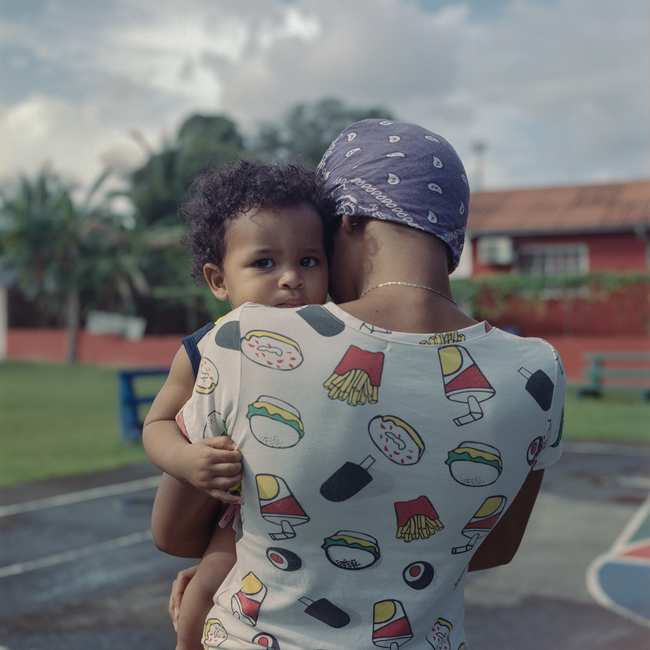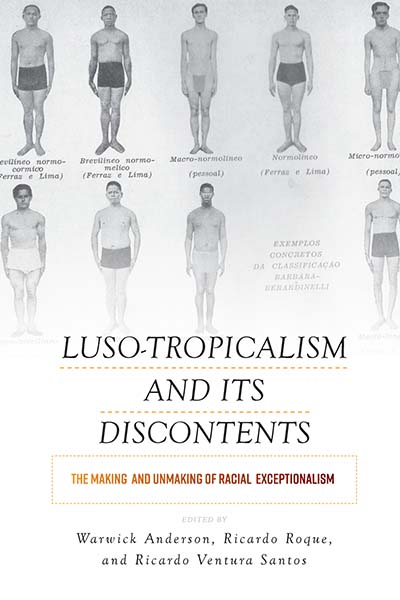These Photos Celebrate the Beauty of Panama’s Afro-Latinx Community
Vice
2019-03-27
André-Naquian Wheeler

Kayla Reefer
Photographer Kayla Reefer’s new series, “Identidad,” explores her family’s roots in Panama.
Black people are everywhere, my mother once told me. I was sharing my anxieties about studying abroad in Europe, of sticking out like a sore thumb. In my head, blackness was something that began and ended in America. My history classes only ever talked about the slaves stolen and taken to the Deep South. But my mother was right. The African diaspora reaches far and wide: the Afro-Caribbean communities of London, Black Canadians, Afro-Brazilians, and on and on. The problem is how rarely the wide, far-reaching spectrum of blackness is taught, shown, celebrated, and acknowledged.
Photographer Kayla Reefer grapples with the ramifications of this everyday. She is Afro-Latina, the daughter of Panamanian immigrants. Growing up in California, Reefer talks about feeling the need to prove her heritage and identity to her black and Latinx friends. To show them she is not simply one or the other, but an amalgamation of histories. “Eventually, I learned to embrace both worlds,” she says. “Because they’re both me.”
Sadly, not all Panamanians take ownership of their Afro roots, Reefer says. She once saw a Panama census stating only 9 percent of the country was Afro-Latinx. The small statistic does not match up to Reefer’s reality, the people she sees riding the bus during her visits to the Central-American country, of her family and friends. “That statistic is absolutely not true,” she argues, anger in her voice. “It just feeds into the lack of awareness and knowledge of what an Afro-Latinx person is. There’s this erasure happening.”…
Read the entire article here.






